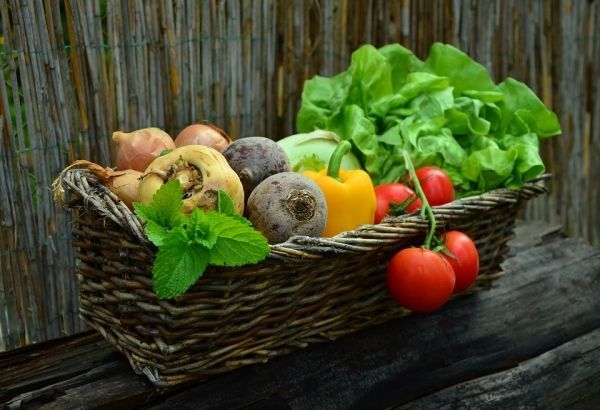Although food preferences are largely learned, dislike is the main reason parents stop offering or serving their children foods like vegetables. A new study in the Journal of Nutrition Education and Behavior, published by Elsevier, demonstrated that repeatedly offering a variety of vegetables increased acceptance and consumption by children.
“In Australia, dietary guidelines for vegetable consumption by young children have increased although actual consumption is low,” said lead author Astrid A.M. Poelman, PhD, CSIRO Agriculture & Food, Sensory, Flavour and Consumer Science, North Ryde, Australia. “This study introduces an effective strategy for parents wanting to address this deficiency.”
This study recruited 32 families with children between the ages of four and six where low consumption of vegetables was reported. Parents completed an online survey and attended an information meeting prior to participating. Three groups were created: children introduced to a single vegetable; children to receive multiple vegetables; and a group where eating habits were not changed.
Study data were collected in several ways: two dinner meals served at the research facility during which children could eat as much of the broccoli, cauliflower and green beans as they wished; changes to actual vegetables consumed at home, childcare or school recorded through food diaries; and parents reporting on usual vegetable consumption.
Read more at Elsevier
Photo Credit: congerdesign via Pixabay


